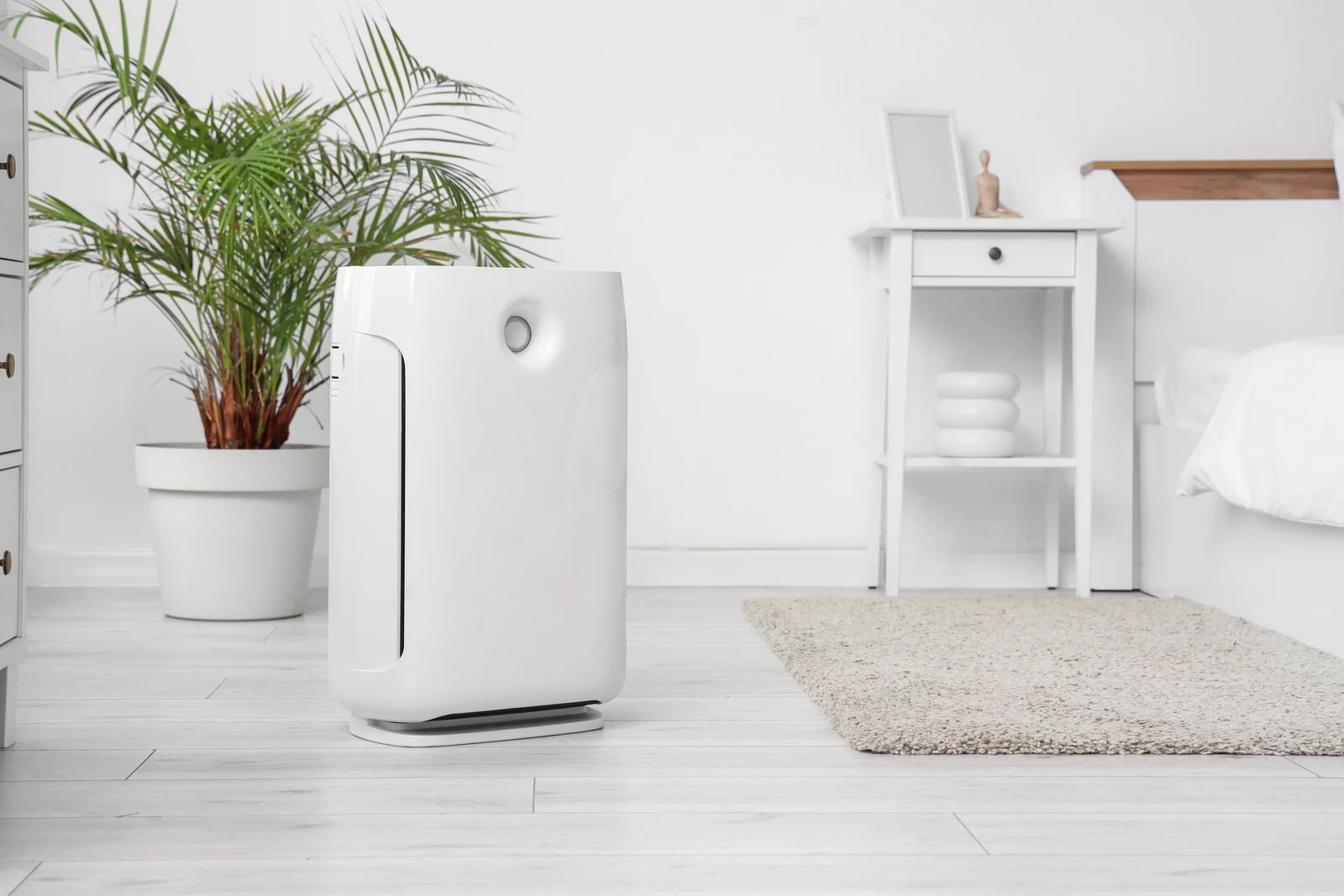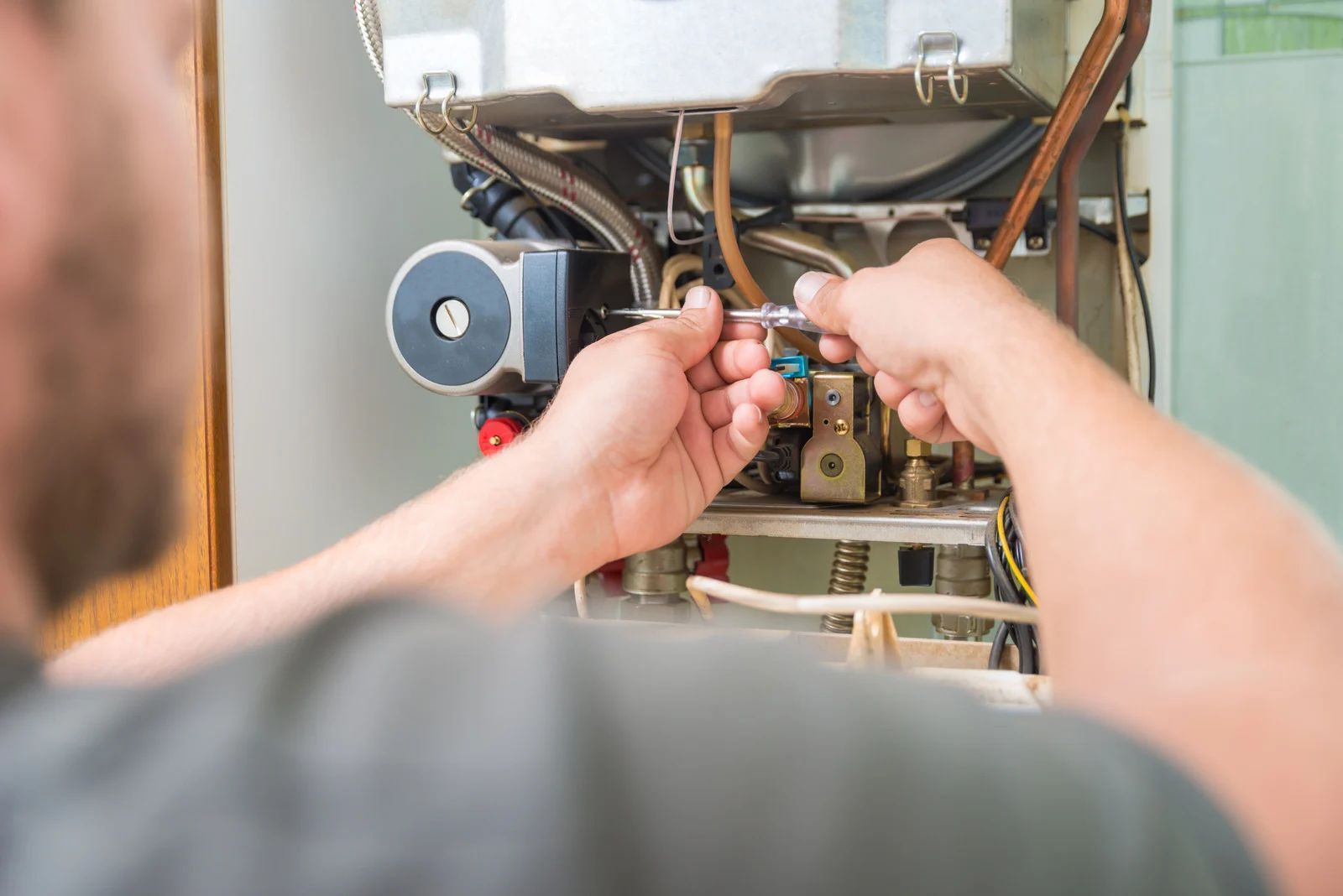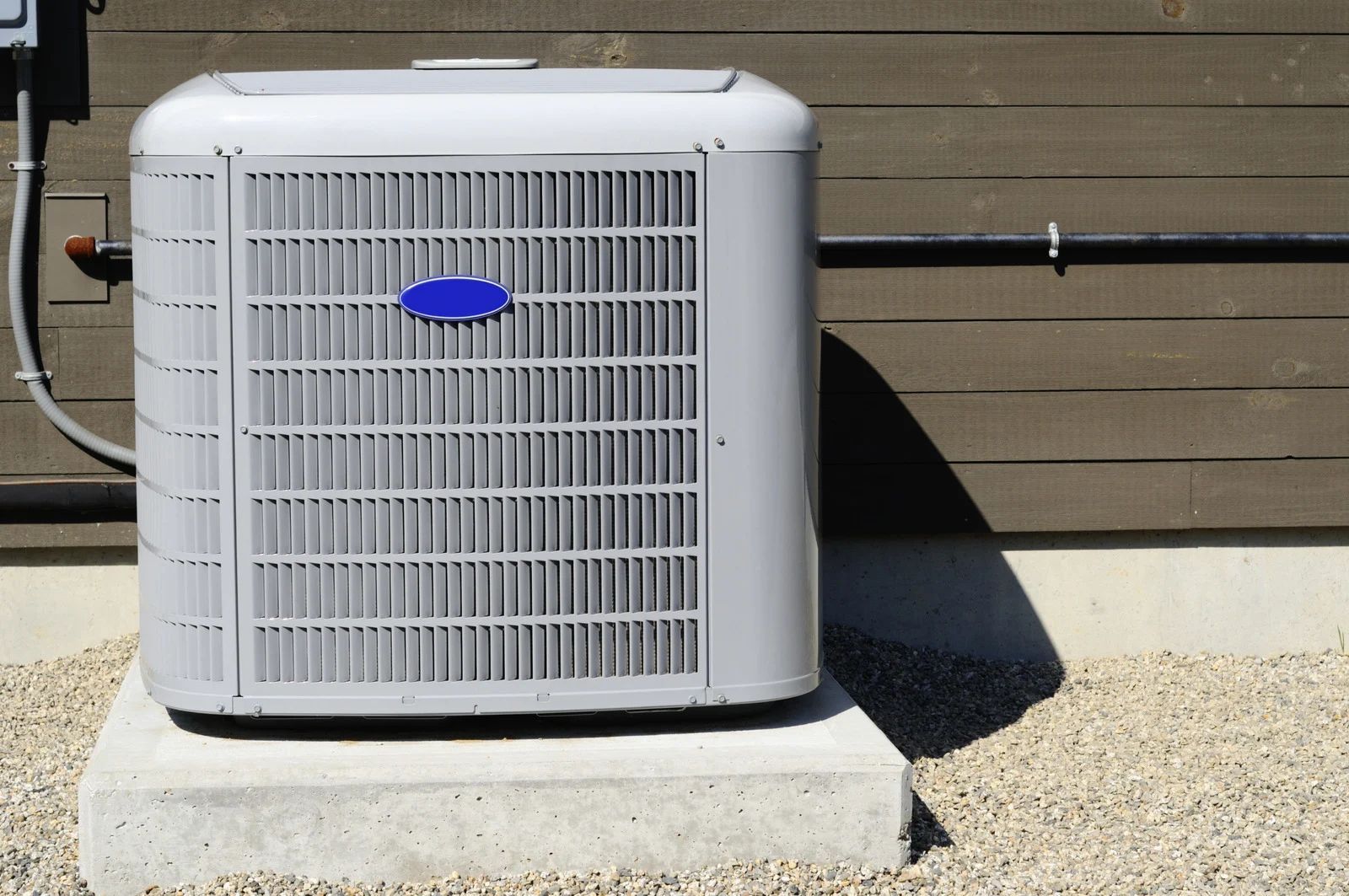5 Reasons Your Water Heater Isn’t Producing Enough Hot Water
Few things are more frustrating than running out of hot water, especially during a morning shower or when you’re trying to do household chores. If your water heater isn’t delivering enough hot water, the problem could stem from a number of common issues. Identifying the cause early can help you avoid a complete system breakdown and reduce energy waste. Let’s explore five key reasons your water heater might not be meeting your needs and what you can do to fix it.
1. Sediment Buildup in the Tank
Minerals like calcium and magnesium, naturally found in hard water, can settle at the bottom of your tank over time. This sediment buildup creates a barrier between the burner and the water, making it harder for your system to heat efficiently. As a result, you get less hot water and longer wait times. Sediment buildup can also cause popping or rumbling noises in the tank. Regular flushing—at least once a year—helps keep your system clean and running efficiently.
2. Malfunctioning Heating Element or Burner
Electric water heaters rely on heating elements, while gas heaters use a burner to warm the water. If one of the heating elements fails or the burner becomes clogged or damaged, your water heater won’t function at full capacity. This often leads to inconsistent water temperatures or reduced output. If resetting the system doesn’t work, it may be time to have the components inspected or replaced by a professional.
3. Incorrect Thermostat Setting
A thermostat set too low can result in water that never gets hot enough. This is a simple fix, but one that’s often overlooked. Water heaters are typically preset to around 120°F, but if the thermostat malfunctions or was accidentally changed, it could be delivering lukewarm water. It’s also worth noting that in winter, incoming water is colder, so you might need to adjust your thermostat slightly higher to compensate.
4. Undersized Water Heater
Have you recently added a new bathroom or welcomed more people into your home? If so, your current water heater might be too small to meet your household’s growing demand. A unit that’s undersized for your needs will run out of hot water quickly and take longer to reheat. Upgrading to a larger tank or switching to a tankless system can help ensure consistent hot water, especially during peak usage times.
5. Broken Dip Tube
The dip tube is a critical component that directs incoming cold water to the bottom of the tank. If the dip tube breaks or becomes disconnected, cold water mixes with the hot water at the top, significantly lowering the water temperature. This can happen gradually, and many homeowners don't realize there's a problem until the water suddenly runs cold. Replacing a faulty dip tube is a straightforward fix that can restore your hot water supply.
If your water heater isn’t keeping up with your needs, don’t wait for the problem to get worse. At 303 Heating & Air, Inc., we’ve been delivering trusted water heater repairs and replacements in Aurora, Colorado, for over 21 years. Our experienced technicians can quickly diagnose and fix the issue, ensuring your system runs efficiently and reliably. Call us today to schedule service and enjoy hot water when you need it most!




